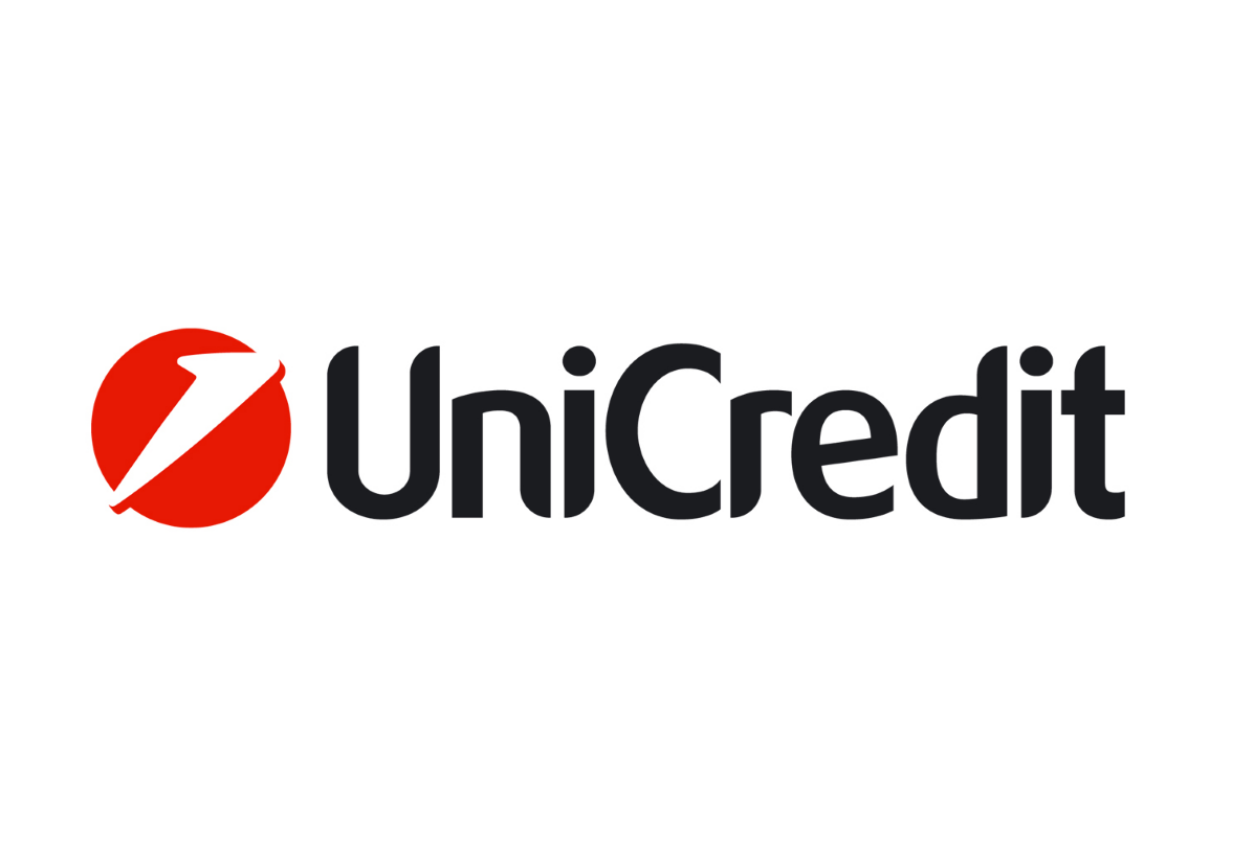UniCredit has launched an unexpected €10 billion bid for domestic rival Banco BPM, signalling its strategic ambitions in the Italian banking sector and potentially creating Europe's third-largest lender by market capitalisation.
The unsolicited all-share offer, which represents a modest 0.5 per cent premium on Banco BPM's share price, comes after recent consolidation moves in the Italian banking market. Banco BPM recently acquired a stake in state-backed Monte dei Paschi di Siena and launched a bid for fund manager Anima Holding.
Chief executive officer Andrea Orcel told investors that UniCredit "cannot remain absent from that move", emphasising the bank's commitment to exploring consolidation opportunities. He suggested that Banco BPM's shareholders would be better served by holding UniCredit shares, which could generate €1.2 billion in pre-tax merger benefits, predominantly through cost reductions.
The Italian government has expressed caution about the proposed merger. Economy minister Giancarlo Giorgetti noted that the bid would be reviewed under rules designed to protect key national assets. "The safest way to lose the war is to engage on two fronts," Giorgetti remarked cryptically.
The move comes after UniCredit's previous attempts to acquire Banco BPM and amid speculation about a potential takeover of German bank Commerzbank. Orcel has effectively put the Commerzbank discussions on hold, citing respect for Germany's upcoming elections.
Banco BPM, whose primary investor is France's Credit Agricole, said its board would begin discussing the bid on Tuesday. If approved and completed, the deal could be finalised by June 2025, subject to European Central Bank and antitrust approvals.
The proposed merger highlights the ongoing consolidation in European banking, driven by compressed profits and changing interest rate environments. Orcel, known for his dealmaking prowess, has focused on driving significant shareholder value since taking the helm at UniCredit in 2021.
The deal represents Orcel's latest strategic move to create a stronger pan-European banking entity, though political resistance and regulatory hurdles remain significant challenges.
Latest News
-
Santander completes Europe's ‘first’ payment made by AI agent
-
Barclay's exec Braddick to lead PRA
-
NatWest strengthens retail banking team with three new appointments
-
UBS plans to extend Sergio Ermotti’s tenure as capital row deepens
-
Mizuho to replace 5,000 administrative roles with AI
-
Allica achieves unicorn status through latest funding round
Creating value together: Strategic partnerships in the age of GCCs
As Global Capability Centres reshape the financial services landscape, one question stands out: how do leading banks balance in-house innovation with strategic partnerships to drive real transformation?
Data trust in the AI era: Building customer confidence through responsible banking
In the second episode of FStech’s three-part video podcast series sponsored by HCLTech, Sudip Lahiri, Executive Vice President & Head of Financial Services for Europe & UKI at HCLTech examines the critical relationship between data trust, transparency, and responsible AI implementation in financial services.
Banking's GenAI evolution: Beyond the hype, building the future
In the first episode of a three-part video podcast series sponsored by HCLTech, Sudip Lahiri, Executive Vice President & Head of Financial Services for Europe & UKI at HCLTech explores how financial institutions can navigate the transformative potential of Generative AI while building lasting foundations for innovation.
Beyond compliance: Building unshakeable operational resilience in financial services
In today's rapidly evolving financial landscape, operational resilience has become a critical focus for institutions worldwide. As regulatory requirements grow more complex and cyber threats, particularly ransomware, become increasingly sophisticated, financial services providers must adapt and strengthen their defences. The intersection of compliance, technology, and security presents both challenges and opportunities.
© 2019 Perspective Publishing Privacy & Cookies
















Recent Stories